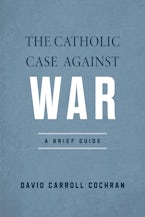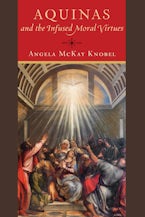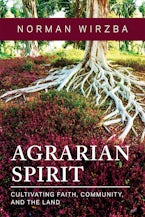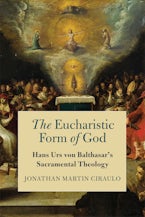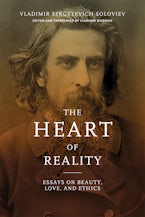"These essays represent some of the best thinking anywhere on the practical implications of Catholic social thought for business, organizational management, and economic life generally. They deserve to be read by a broad audience." —J. Michael Stebbins, Gonzaga University
“As an informed and informative introduction to social economics, business thought, and organizational management which so many follow as a result of Catholic thought and mentality's effect as being a significant part of society, Rediscovering Abundance is a remarkable compendium of useful, conceptual, and practical information.” —The Midwest Book Review
"Twelve papers consider what insights the Catholic social tradition can offer to our understanding of the creation and distribution of wealth." —Journal of Economic Literature
"The essays in this collection provide a complex and interdisciplinary analysis of the question of wealth creation and distribution in light of moral and spiritual insights of the Catholic social tradition. In this volume, theologians, economists, philosophers, management theorists, and CEOs engage in conversation. Contributors cover the dimensions of today's global system of wealth creation and outline challenges to make it more just and humane." —Abstracts of Public Administration, Development and Environment
"This volume. . . addresses itself to the Catholic perspective on wealth creation and distribution. This edited volume is really two books. The first is a collection of essays from conference attendees. Many of these are well chosen. When read in sequence, they constitute an insightful theology of wealth. The second is the account that frames the essays-introductions to the volume and the sections, essays by the editors, and concluding reflections." —Journal of Markets & Morality
“Utilizing Catholic Social Teaching, this volume expands the perception of wealth beyond the maximization of share price or the accumulation of capital. While addressing the moral impact of Catholic social teaching on wealth creation, this volume is suitable for graduate studies, professors, and professional economists.” —Religious Studies Review


